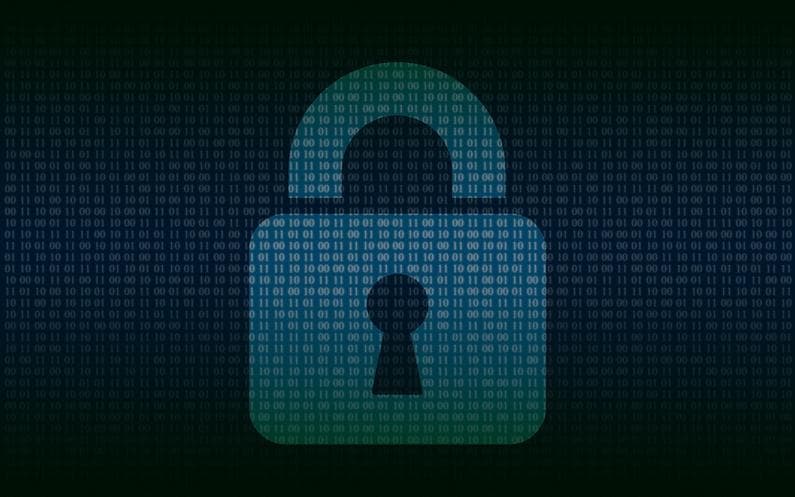Preventing Data Breaches | Here’s What You Need to Know
Preventing data breaches is more important than ever as companies can face potential ruin of their finances and their reputation. Data breaches take place when cybercriminals get unauthorized access to sensitive information and IBM research indicates that the average cost of a breach increased from $4.24 million in 2021 to $4.35 million in 2022. The last two years alone have seen data breach costs rise by a staggering 12.7%.
A company suffering from a data breach does not just suffer the obvious financial damage, it also has to deal with immense damage to its reputation. Suppose you are a customer at a bank that has experienced a data breach. Would you feel comfortable trusting the bank if you found that hackers stole your credit card information from them?
Preventing data breaches has never been more important for businesses since the COVID-19 pandemic. The restrictions due to the pandemic forced many organizations to adopt a remote work infrastructure. Much of the workforce might never transition to on-site work, even as the world moves into a post-pandemic era.
You can take several measures to prevent data breaches, from better training for your team, to data encryption and enhanced security software. Investing time and money in preventing data breaches can save your organization’s reputation and bottom line.
5 Best Practices for Preventing Data Breaches
These are five of the key measures you can take at an organizational level for better data security and minimized data breach risks.
1. Train Your Employees
Most data breaches happen when cybercriminals target vulnerabilities in your organization’s cybersecurity. People unaware of how to keep data secure are likelier targets for cybercriminals. Educating and training your employees on how to protect sensitive data is important.
From helping them understand how to create strong passwords to how often they should update the passwords and how to protect them, there is a lot your workforce can do to prevent data theft. Help them learn how to identify and report suspicious activity like phishing attacks and more.
2. Update Security Protocols at Work
Cybercriminals keep getting better at what they do, and businesses must stay ahead of the curve to reduce data theft risks. It is crucial to update your company’s security protocols. You should also enact higher data security standards and proactively update security protocols.
Additionally, you should limit access to sensitive data like financial information and other crucial information to keep it secure. Keeping a need-based protocol to access company information can help you better protect sensitive data.
3. Secure Portable Devices
From mobile phones to tablets, laptops, flash drives, and other portable devices, cybercriminals can get access to sensitive information by physically stealing such devices when given a chance.
Installing anti-theft applications, using strong passwords, and ensuring that only authorized personnel have access to such devices can go a long way in helping you reduce the risk of data breaches.
4. Protect Physical Data
Not all data breaches happen virtually. Criminals can gain access to sensitive company information through physical files. Preventing data theft requires enforcing better cyber security and physical security standards.
If your organization stores any kind of physical records, you should ensure that the location is secure. You should limit access to employees who need to use that information for work purposes. If your company is disposing of any physical records, make sure you destroy the records before disposing of them.
Companies such as Potomac eCycle specialize in helping orgnaizations to dispose of end-of-life electronics including the total destruction of potentially sensitive data.
5. Invest in Cyber Security
Enhancing your company’s cyber security protocols might come at a high cost, but you should consider it an investment rather than an expense. Consider upgrading security software and upscaling your company’s IT and cybersecurity team.
Ideally, you should partner with a managed service provider to enhance your company’s data management and cybersecurity.
Conduct due diligence on any third-party vendors. You cannot work with cybersecurity firms without ensuring they are well-equipped to help your organization. Work only with reputable providers who can guarantee top-notch safety.
Data breaches can cause permanent damage to your organization’s reputation and cost a lot of money. However, most data breaches are preventable. All you need to do is stay up-to-date on all security practices and take proactive measures. For more details on how Potomac eCycle can help, contact us.


Recent Comments